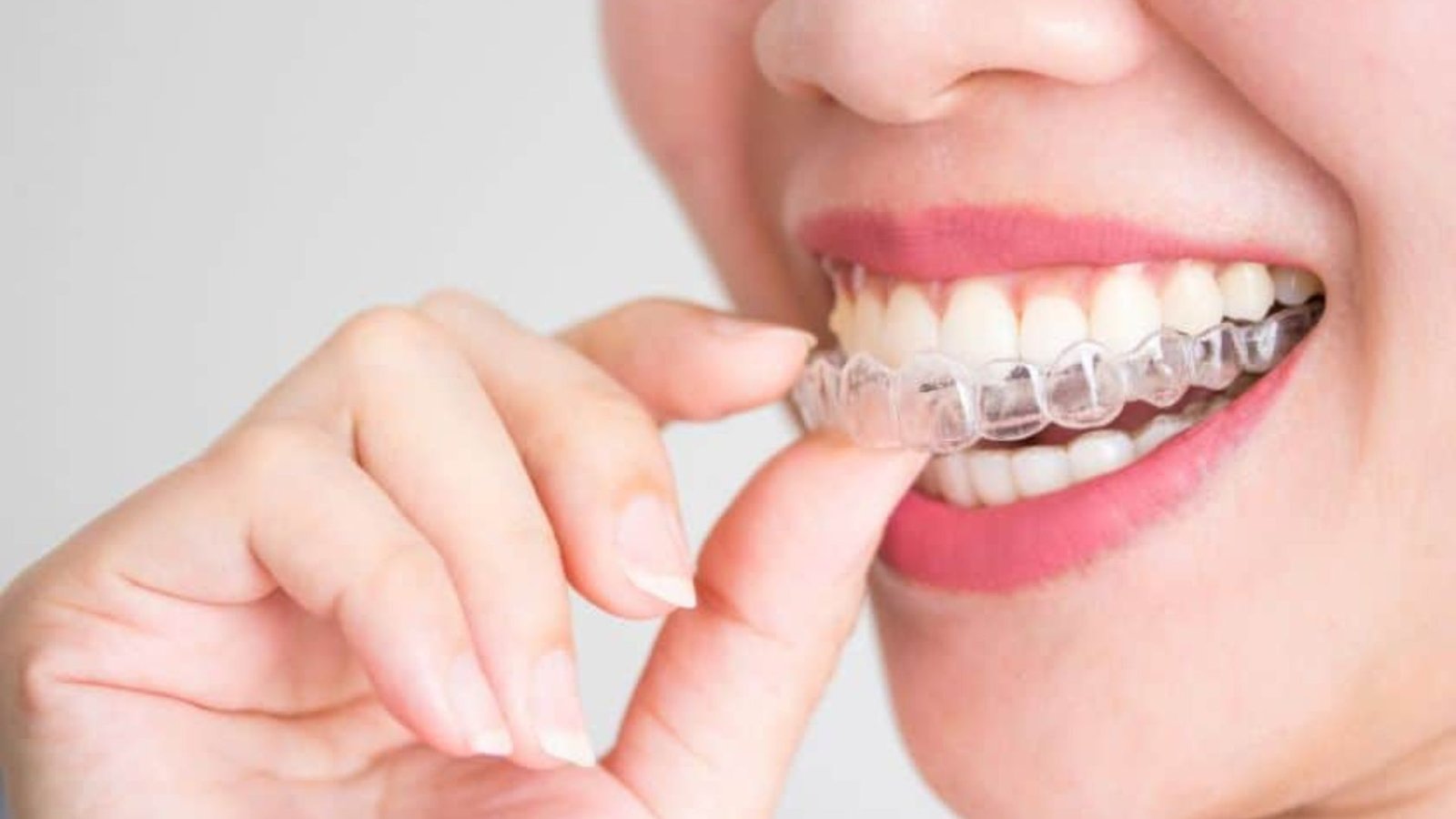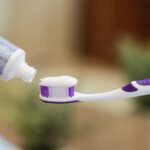What Dental Health Tips Prevent Cavities And Gum Disease
Maintaining good oral hygiene is essential for preventing cavities and gum disease, two of the most common dental problems. What dental health tips prevent cavities and gum disease? From brushing techniques to healthy lifestyle choices, small but effective habits can go a long way in protecting your teeth and gums. In this article, we’ll explore the best practices to help you maintain a healthy smile and prevent common dental issues.

1. Brush Your Teeth Twice a Day
Brushing your teeth is the most basic and essential habit for preventing cavities and gum disease. Brushing twice a day removes plaque—the sticky film of bacteria that builds up on your teeth and gums. Plaque can lead to tooth decay and gum disease if not removed.
Why It Works:
- Brushing removes food particles and plaque, preventing the buildup of harmful bacteria.
- It helps protect your enamel, the outer layer of your teeth, from acids produced by bacteria.
Tip: Use a fluoride toothpaste and a soft-bristled toothbrush. Brush for at least two minutes, making sure to clean all surfaces of your teeth, including the gum line.
2. Floss Daily
Flossing is just as important as brushing. It removes plaque and food particles stuck between your teeth that a toothbrush may miss, especially in tight spaces where cavities and gum disease often begin. If left untreated, plaque can harden into tartar, which can only be removed by a dentist.
Why It Works:
- Flossing removes plaque and bacteria from between your teeth, reducing the risk of cavities and gum disease.
- It helps maintain healthy gums by preventing inflammation and bleeding.
Tip: Use about 18 inches of floss, wrapping it around your fingers, and gently slide it between each tooth, curving it around the tooth and under the gum line.
3. Use Mouthwash
Mouthwash is a great addition to your oral care routine. It helps rinse away food particles, reduces plaque buildup, and kills harmful bacteria that can lead to gum disease and cavities. Some mouthwashes contain fluoride, which can strengthen tooth enamel.
Why It Works:
- Mouthwash reaches areas that brushing and flossing may miss, providing extra protection against plaque and bacteria.
- It helps freshen your breath and can kill bacteria that cause gum disease.
Tip: Choose an antibacterial mouthwash that’s alcohol-free and contains fluoride. Use it after brushing and flossing for maximum benefit.
4. Eat a Balanced Diet
What you eat plays a significant role in your dental health. A balanced diet, rich in nutrients like calcium, vitamin D, and phosphorus, can strengthen your teeth and gums. Avoid sugary snacks and drinks, which fuel the bacteria responsible for cavities and gum disease.
Why It Works:
- A healthy diet supports tooth enamel and overall oral health, reducing the risk of cavities and gum disease.
- Sugary foods and drinks increase the acidity in your mouth, which can weaken enamel and promote plaque buildup.
Tip: Include foods like dairy products, leafy greens, and fruits in your diet to support dental health. Limit sugary snacks, and if you do indulge, brush your teeth afterward.
5. Drink Plenty of Water
Water is essential for keeping your mouth hydrated and washing away food particles and bacteria. Drinking water throughout the day can help prevent dry mouth, which reduces the natural protective saliva in your mouth. Saliva is essential for neutralizing acids and helping remineralize enamel.
Why It Works:
- Drinking water helps wash away food particles, bacteria, and acids that contribute to cavities and gum disease.
- Saliva helps fight bacteria and remineralizes teeth, so staying hydrated is key to oral health.
Tip: Drink water regularly, especially after meals. Water with fluoride is especially beneficial for strengthening tooth enamel.
6. Visit Your Dentist Regularly
Regular dental check-ups are crucial for preventing cavities and gum disease. Dentists can identify potential problems early and provide professional cleaning to remove tartar buildup that brushing and flossing can’t reach. Regular visits also help you stay on top of your oral health and get personalized advice for your needs.
Why It Works:
- Dentists can detect early signs of cavities, gum disease, or other oral health issues that may not be visible or noticeable at home.
- Professional cleaning removes tartar and ensures your mouth stays clean and healthy.
Tip: Schedule a dental check-up at least twice a year for cleanings, exams, and preventive care.
7. Quit Smoking and Tobacco Use
Smoking and using tobacco products can greatly increase your risk of gum disease, tooth decay, and even oral cancer. Tobacco reduces blood flow to your gums, weakening your body’s ability to fight infections. It also makes it harder for your gums to heal from damage.
Why It Works:
- Smoking contributes to gum disease by impairing your immune system and reducing blood flow to the gums.
- Tobacco can cause staining, bad breath, and increase the buildup of plaque and tartar.
Tip: If you smoke or use tobacco products, consider quitting to protect your oral health and overall well-being.
8. Wear a Mouthguard for Sports
If you play sports, especially contact sports like basketball, football, or hockey, wearing a mouthguard is essential. Mouthguards protect your teeth and gums from injuries caused by accidental blows to the face or mouth, reducing the risk of tooth fractures, gum damage, or tooth loss.
Why It Works:
- Mouthguards act as a cushion and protect your teeth from physical impact.
- They help prevent injury to your gums and teeth, keeping your smile intact.
Tip: Talk to your dentist about custom-made mouthguards that provide the best protection for your teeth during sports.
9. Limit Acidic Foods and Beverages
Acidic foods and drinks, like citrus fruits, soda, and coffee, can erode your tooth enamel over time. Enamel loss leads to sensitivity, decay, and cavities. While it’s not necessary to completely avoid these foods, moderation is key.
Why It Works:
- Acidic foods and drinks can weaken tooth enamel, making your teeth more susceptible to cavities and gum disease.
- Enamel erosion increases tooth sensitivity and can lead to further dental issues.
Tip: If you consume acidic foods or drinks, rinse your mouth with water afterward, and wait at least 30 minutes before brushing to avoid damaging your enamel.
10. Take Care of Your Gums
Healthy gums are the foundation for healthy teeth. Gingivitis, the early stage of gum disease, can cause redness, swelling, and bleeding of the gums. If untreated, it can progress to more severe gum disease, leading to tooth loss.
Why It Works:
- Healthy gums help support your teeth, preventing tooth loss and infection.
- Regular brushing and flossing prevent gum disease by removing plaque and bacteria from the gum line.
Tip: Be gentle when brushing along the gum line to avoid gum irritation. If you notice any bleeding or soreness, consult your dentist promptly.
Conclusion
What dental health tips prevent cavities and gum disease? By following a few simple but effective habits—such as brushing twice a day, flossing, eating a healthy diet, and visiting your dentist regularly—you can significantly reduce your risk of cavities and gum disease. These practices help maintain a healthy mouth and protect your teeth and gums for years to come.
A little effort goes a long way in maintaining your dental health, so start today by incorporating these tips into your daily routine. Your smile (and overall health) will thank you!



